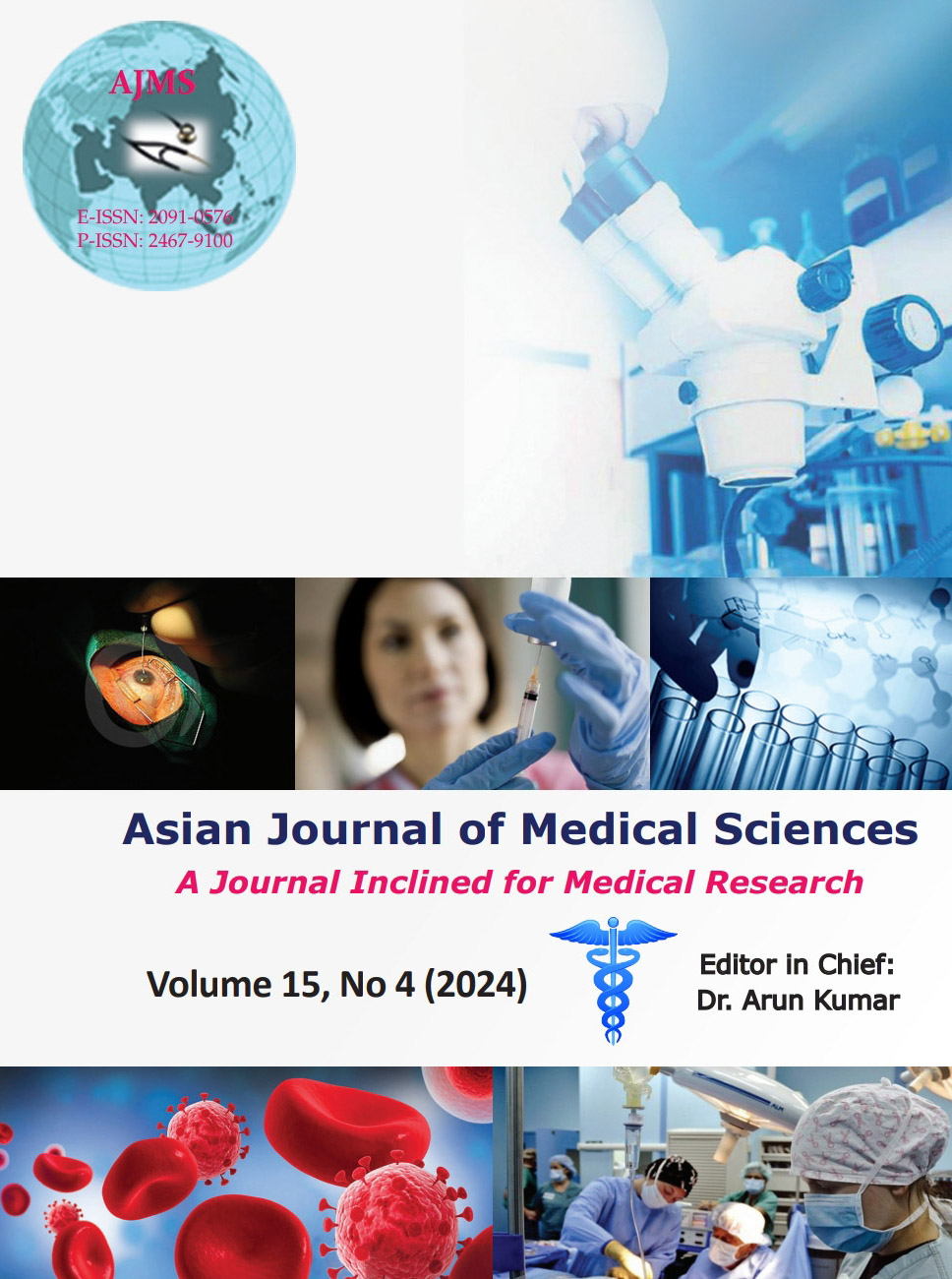Efficacy and safety during endoscopic retrograde cholangiopancreatography (ERCP) under total intravenous anesthesia – propofol alone versus propofol supplemented with dexketa, a comparative study in medical college, Kolkata
Keywords:
Dexmedetomidine; Propofol; Ketamine; Endoscopic retrograde cholangiopancreatography; Total intravenous anesthesiaAbstract
Background: Endoscopic retrograde cholangiopancreatography (ERCP) is an invasive procedure and, hence, is distressing for awake patients, requiring an adequate level of anesthesia. Recent advancements have encouraged the use of monitored anesthesia care, that allows the patient to tolerate unpleasant experiences during procedures while maintaining cardio-respiratory function. Usually, propofol-based anesthesia is given in ERCP. The main aim of this study is to compare the effect of propofol alone and propofol with ketamine and dexmedetomidine on the hemodynamics during ERCP, recovery profile, and side effects (if any).
Aims and Objectives: (1) To compare efficacy in terms of hemodynamic stability and desaturation events. (2) Recovery and quality of recovery. (3) Pain score. (4) Incidence of post-operative nausea and vomiting.
Materials and Methods: This is a comparative double-blinded study. Adult patients from the age group of 18–70 years belonging to the American Society of Anesthesiologists (ASA-I) and ASA-II who had undergone ERCP under total intravenous anesthesia were taken and randomly assigned to either of the two groups. Both groups received 0.01 mg/kg glycopyrrolate, 0.1 mg/kg ondansetron, 0.05 mg/kg midazolam, 50 mcg fentanyl, and 40 mg hyoscine. Group A patients received 30 mg propofol as a bolus dose and then repeated according to requirements. Group B patients received 0.5 mcg/kg dexmedetomidine as a loading dose and 0.3 mcg/kg/h as a maintenance infusion dose. 30 mg propofol was given before negotiating scope and then 1 mL (1:1) mixture of propofol and ketamine was repeated according to requirements. Total propofol consumption, hemodynamics, quality of recovery, and side effects (if any) were recorded at regular intervals.
Results: The study showed significant cases in Group A had episodes of hypotension and apneic events, whereas there were very few hemodynamic instability and almost no apneic events in Group B patients. The requirement of propofol was much higher in Group A patients.
Conclusion: Dexmedetomidine when used along with propofol and ketamine in ERCP patients reduced the dose requirement of propofol and maintained hemodynamic stability without causing any apneic events.
Downloads
Downloads
Published
How to Cite
Issue
Section
License
Copyright (c) 2024 Asian Journal of Medical Sciences

This work is licensed under a Creative Commons Attribution-NonCommercial 4.0 International License.
Authors who publish with this journal agree to the following terms:
- The journal holds copyright and publishes the work under a Creative Commons CC-BY-NC license that permits use, distribution and reprduction in any medium, provided the original work is properly cited and is not used for commercial purposes. The journal should be recognised as the original publisher of this work.
- Authors are able to enter into separate, additional contractual arrangements for the non-exclusive distribution of the journal's published version of the work (e.g., post it to an institutional repository or publish it in a book), with an acknowledgement of its initial publication in this journal.
- Authors are permitted and encouraged to post their work online (e.g., in institutional repositories or on their website) prior to and during the submission process, as it can lead to productive exchanges, as well as earlier and greater citation of published work (See The Effect of Open Access).




